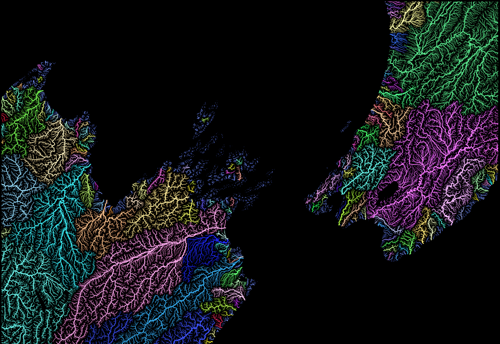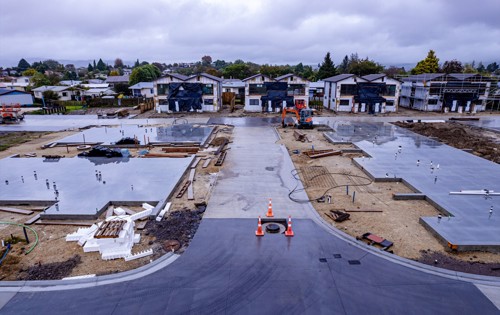Choosing investigations
-
Prioritisation
The broad mandate provided by the Environment Act 1986 requires the Parliamentary Commissioner for the Environment to exercise a significant measure of discretion in deciding what to investigate within his limited resources. The Commissioner tries to focus on issues where the skills and independence of the office can add value.
The broad prioritisation approach is twofold.
The Commissioner may choose to investigate emerging issues that are not yet in the spotlight, or issues that may be neglected or left unaddressed. Work on these topics can alert relevant agencies and the wider community to problems that may need more sustained attention.
The Commissioner is more selective about issues that already have strong stakeholder attention. His engagement with environmental issues such as water quality and climate change is because they have proved difficult to tackle and seem to be almost permanently on the agenda. In these cases, the hope is that some independent analysis from a fresh angle can help move the debate forward.Te ao Māori
At the heart of te ao Māori is the interconnectedness of all things, and a relationship with the environment that takes a holistic approach to environmental wellbeing. Acknowledging this, the Commissioner incorporates te ao Māori perspectives into his investigations and advice where appropriate as a core part of his work, rather than an add on.
Incorporating te ao Māori requires staff to engage with concepts and practices that may be unfamiliar to them but are critical to do justice to the interests of iwi Māori in tendering any advice or recommendations concerning te taiao. The Commissioner seeks a workplace where staff can develop their cultural competencies and feel confident including the insights te ao Māori has to offer in their work.
Impact
There is no legal obligation on the part of the Government or any stakeholders to implement the Commissioner’s advice. The acceptance and effectiveness of the Commissioner’s advice therefore depends to a large degree on its:
- independence – the analysis and advice is free from political bias and external influence
- credibility and integrity – robust evidence-based analysis is used to make pragmatic recommendations that balance what can be achieved in both the short and long term
- usefulness – advice and reports are clear, timely and relevant – they are well written, delivered at a time that can contribute to decision making, and are about environmental issues that make, or will make, claims on the Government’s and the public’s attention.






